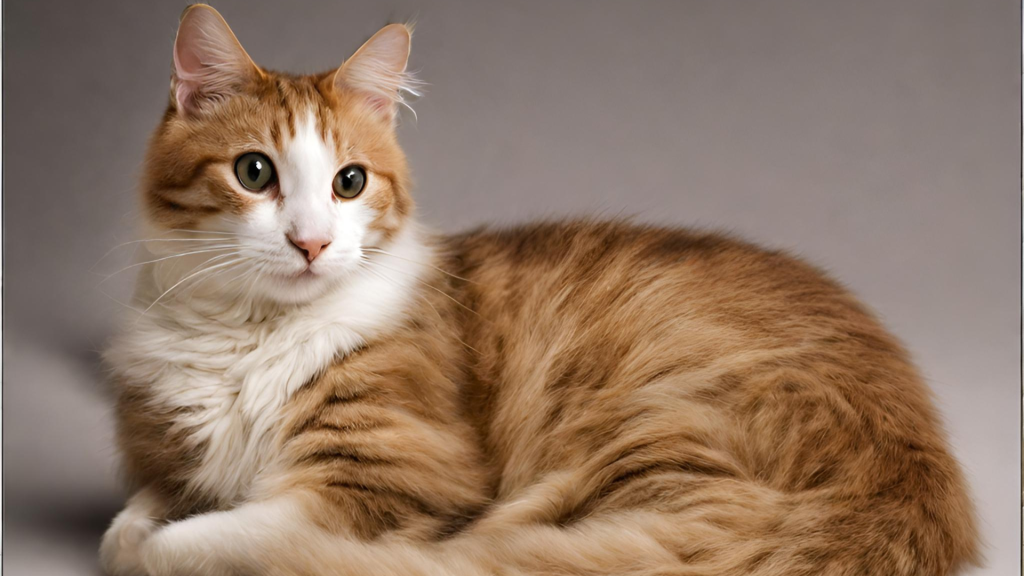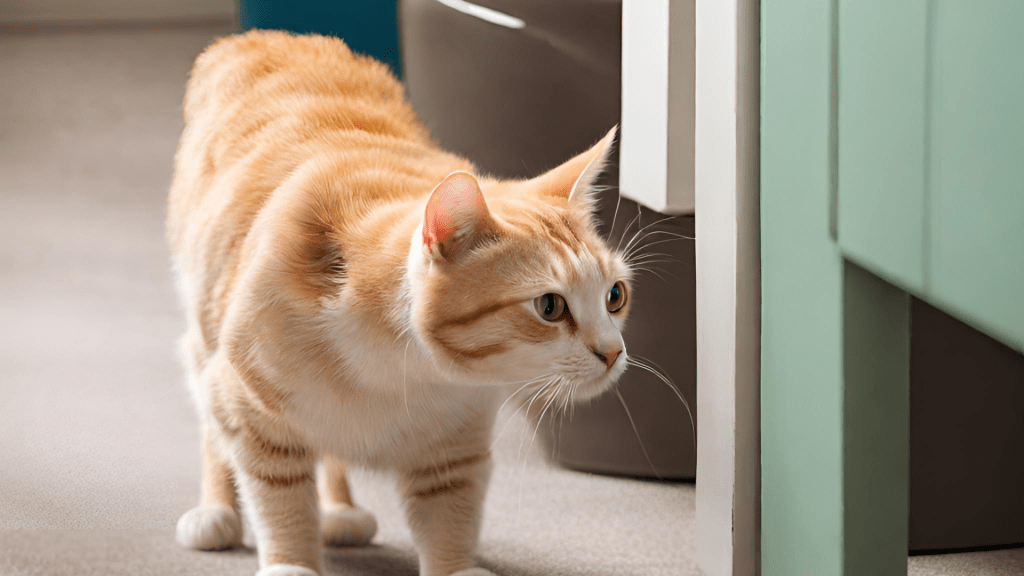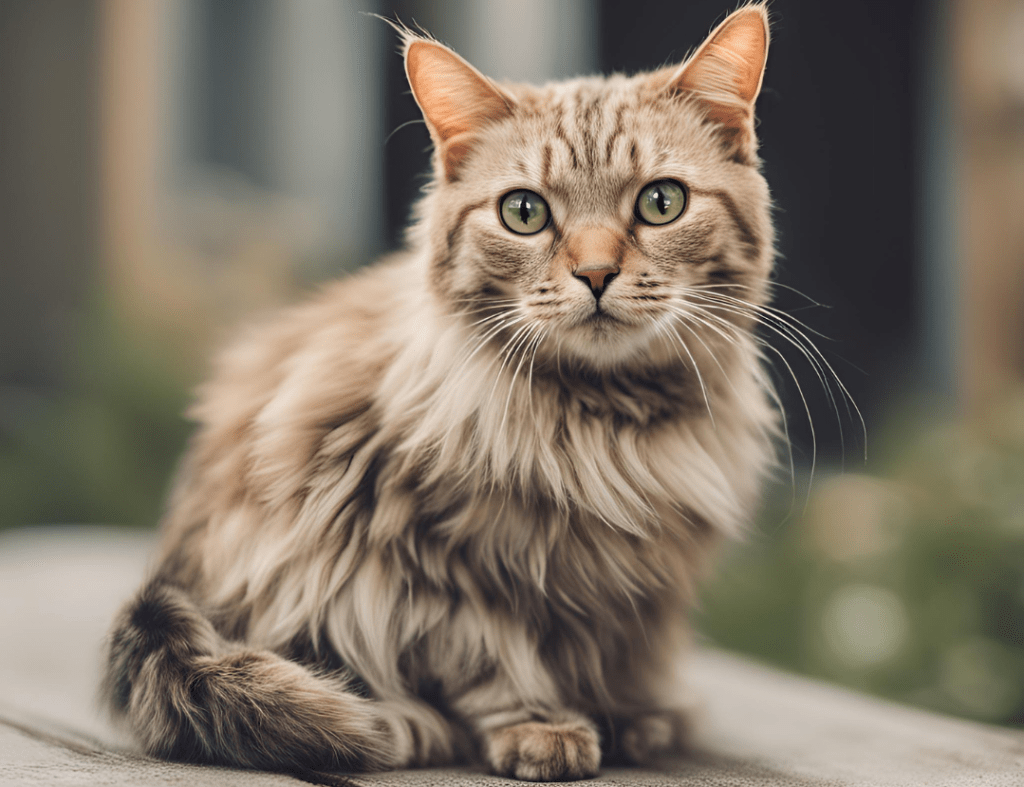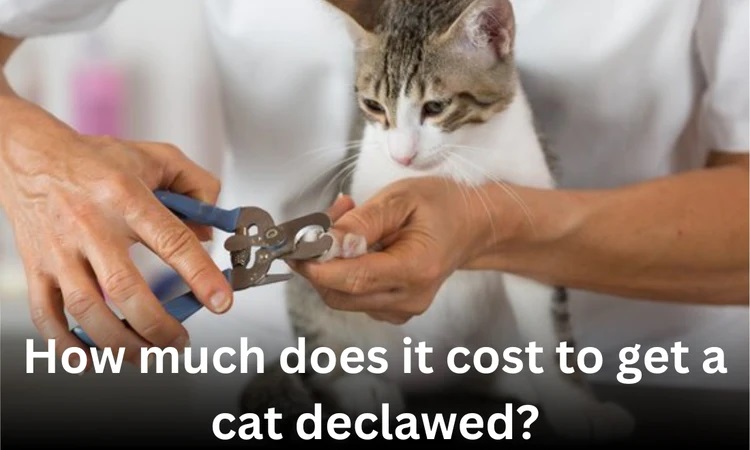Last updated on August 31, 2024
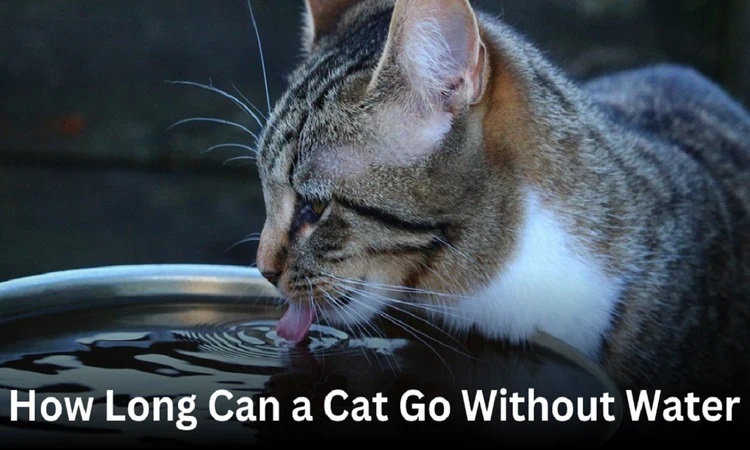
The average time a cat can survive without water is three to four days.
“Within 24 hours of not drinking water, cats will become dehydrated,” Dr. Burch told The Dodo. “The longer a cat is not drinking water, the worse dehydration will become, electrolyte imbalances will occur, and organ damage.”
Normal Duration Without Water
On average, a cat can survive for about three to four days without water. However, this period can vary based on factors such as age, health, diet, and environmental conditions. Cats with certain health conditions or those on a dry food diet may require more frequent hydration.
Signs of Dehydration
Cat owners need to recognize the signs of dehydration promptly. Common signs include sunken eyes, lethargy, loss of appetite, and dry, tacky gums. Observing these symptoms can help cat owners intervene and provide the necessary hydration their pets need.
Also see: 8 Tips to Fatten Up a Cat (Vet Suggested)
Promoting Hydration in Cats
Providing Fresh Water
Ensuring your cat has access to fresh, clean water at all times is fundamental. Cats are more likely to drink water that is free from contaminants and odors. Regularly changing the water and cleaning the bowl can encourage your cat to stay hydrated.
Wet Food Diet
Incorporating wet cat food into your pet’s diet can significantly contribute to their water intake. Wet food has a higher moisture content compared to dry kibble, providing cats with an additional source of hydration.
Cat Fountains
Some cats are attracted to running water. Investing in a cat fountain can entice your feline friend to drink more water, as the flowing water often captivates their attention and encourages them to drink.
Final Thoughts
Understanding a cat’s hydration needs is crucial for their overall well-being. While cats can survive a few days without water, it is not a situation any pet owner should allow. By recognizing the signs of dehydration, providing fresh water, incorporating wet food into their diet, and considering cat fountains, you can ensure your feline companion remains properly hydrated, leading a happy and healthy life.
Related Issues:
- Why Is My Cat Laying in the Litter Box?
- Why Does My Cat Put His Paw on My Mouth
- How to Get a Cat Out of a Tree?
- Why Does My Cat Hug My Arm and Bite Me
- How to Stop a Cat from Pooping on the Floor
- How to Stop My Cat from Bullying My Other Cat
- Why is My Cat Sneezing so Much: Causes, Symptoms, and Treatments
FAQs
How often should I change my cat’s water bowl?
It is advisable to change your cat’s water bowl at least once a day to ensure freshness and cleanliness.
Can I add flavoring to my cat’s water to encourage them to drink more?
While some cats may be enticed by flavored water, it is essential to choose cat-friendly flavorings without additives like sugar. Consult your veterinarian before introducing any new additives.
Are there medical conditions that can cause increased thirst in cats?
Yes, several medical conditions, such as diabetes and kidney disease, can cause increased thirst in cats. If you notice a sudden change in your cat’s drinking habits, consult a veterinarian for a proper diagnosis.
How can I encourage my cat to eat wet food?
Gradually introducing wet food into your cat’s diet and offering different flavors can entice them to eat. Patience and persistence are key when transitioning your cat to wet food.
Is it normal for cats to avoid drinking water from unfamiliar sources?
Yes, cats are creatures of habit and may prefer drinking from familiar sources. Providing a clean, familiar water bowl can encourage your cat to drink more water.

